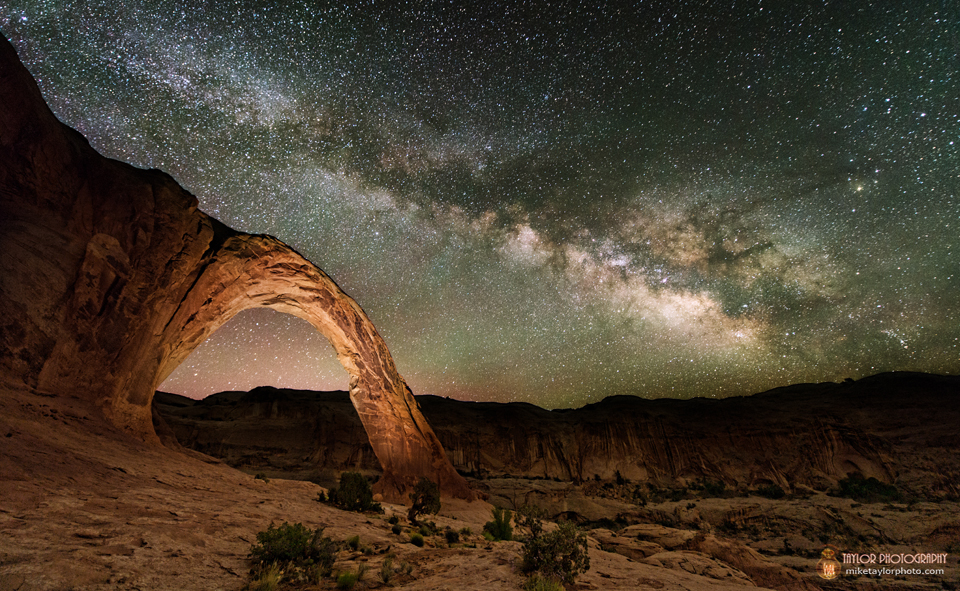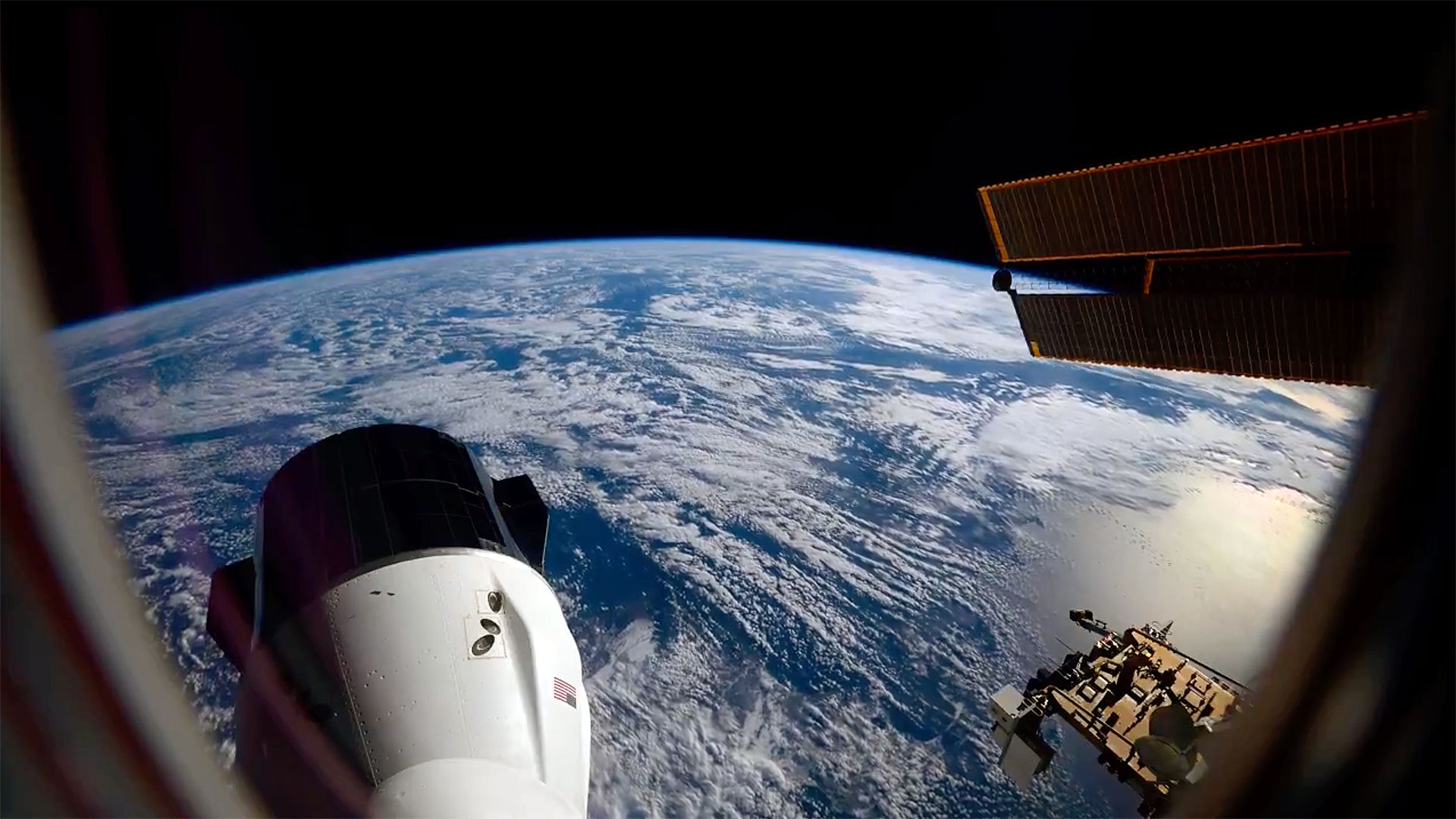Look Up! Celebrate International Dark-Sky Week This Weekend

A Maine photographer is joining forces with dark-sky advocates to say that people must be careful about where they direct their lights.
Mike Taylor, a landscape astrophotographer, says he often has to travel long distances to capture the stunning shots he is getting known for in shares on Twitter and other social networks.
Taylor's work in New England and efforts to find dark-sky areas often led him to situations in which orange light from city lights blocked out his view of the stars. His efforts to overcome that eventually led him to the International Dark-Sky Association, which is promoting International Dark-Sky Week between April 13 and 19. [Dark-Sky Week: A Photo Celebration (Gallery)]
"I've had many people on social media respond to shots of the Milky Way by asking me where they could go to see it or if it was real," Taylor said in a statement. "Real? Yes. Where can they see it? Sometimes it's necessary to travel up to 50 to 100 miles [80 to 160 kilometers] to escape the haze of light pollution that blocks our view of the Milky Way."
While light is an annoyance to stargazers, it can also hurt the ecosystem, the International Dark-Sky Association says. Light can disrupt movements and migrations of sea turtles and birds, cause adverse health effects in humans (the effects were not specified in a press release), and waste energy and money.
Several areas in North America and Europe have adopted dark-sky preserves to protect astronomical imagery and the local wildlife.
The celebration of Dark-Sky Week started in 2003 out of the efforts of a high school student, Jennifer Barlow. This year's celebration takes place during the International Year of Light 2015, an initiative from the United Nations Educational, Scientific and Cultural Organization. UNESCO says the initiative "will highlight to the citizens of the world the importance of light and optical technologies in their lives."
Breaking space news, the latest updates on rocket launches, skywatching events and more!
To learn more about International Dark-Sky Week, visit: http://www.darksky.org/int-l-dark-sky-week-main
Follow Elizabeth Howell @howellspace, or Space.com @Spacedotcom. We're also on Facebook and Google+. Originally published on Space.com.

Elizabeth Howell (she/her), Ph.D., was a staff writer in the spaceflight channel between 2022 and 2024 specializing in Canadian space news. She was contributing writer for Space.com for 10 years from 2012 to 2024. Elizabeth's reporting includes multiple exclusives with the White House, leading world coverage about a lost-and-found space tomato on the International Space Station, witnessing five human spaceflight launches on two continents, flying parabolic, working inside a spacesuit, and participating in a simulated Mars mission. Her latest book, "Why Am I Taller?" (ECW Press, 2022) is co-written with astronaut Dave Williams.
